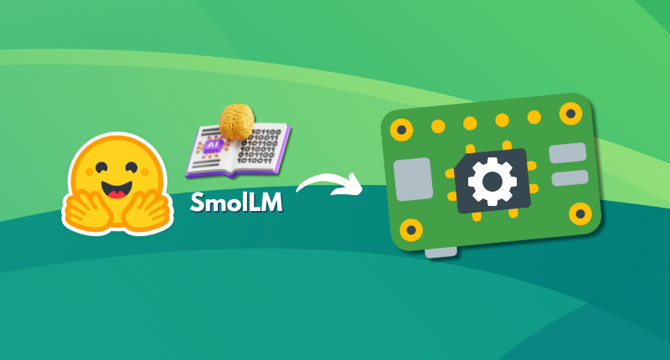Itsfoss
1w
84

Image Credit: Itsfoss
I Ran the Famed SmolLM on Raspberry Pi
- SmolLM is a series of small, efficient language models designed for running on local devices without compromising too much on performance.
- At the core of SmolLM’s effectiveness is the SmolLM-Corpus, a carefully curated collection of datasets that enhance the model's understanding across various domains.
- This article dives into the SmolLM experience on a Raspberry Pi using the 1.7B parameter model, exploring both its capabilities and how it holds up on limited hardware.
- Small language models like SmolLM are designed to operate efficiently on modest hardware without relying on cloud-based services.
- Their compact nature makes them well-suited for various applications, particularly in scenarios where local processing is crucial.
- SmolLM can be integrated into educational applications to generate customized learning materials directly on user devices.
- Small language models can enhance mobile devices by integrating directly into applications, reducing reliance on cloud services.
- For AI researchers, small language models facilitate faster experimentation and prototyping.
- Running locally allows researchers to iterate quickly without incurring the costs and limitations associated with cloud-based solutions.
- By leveraging their local processing capabilities, small language models like SmolLM and Phi provide a range of applications that empower users while minimizing reliance on external services.
Read Full Article
5 Likes
For uninterrupted reading, download the app